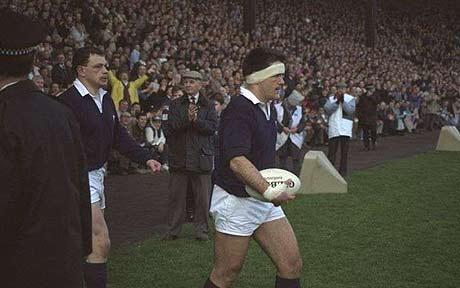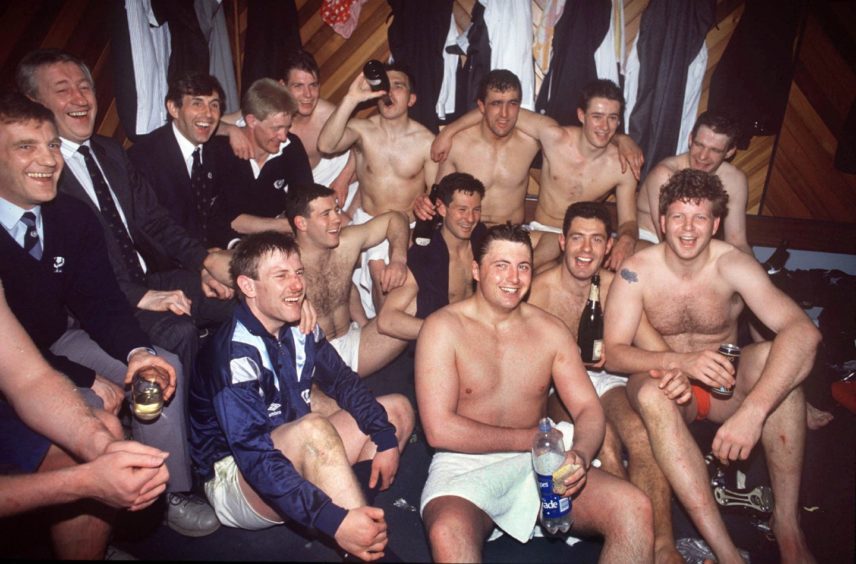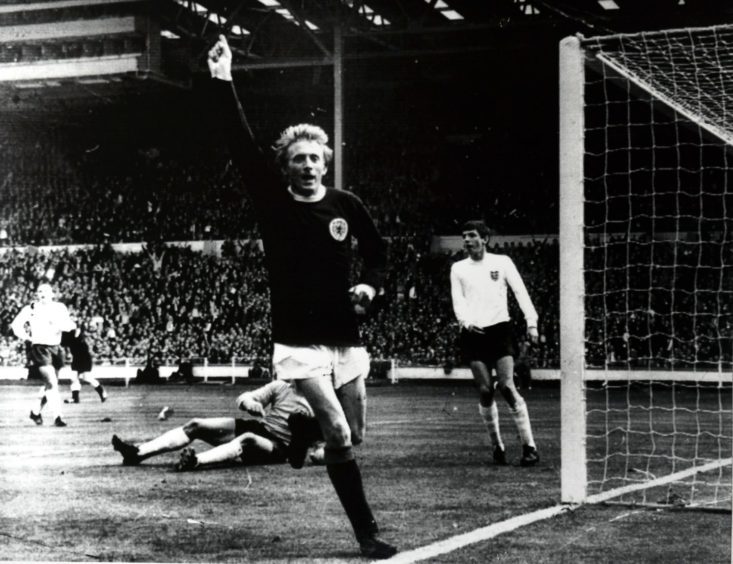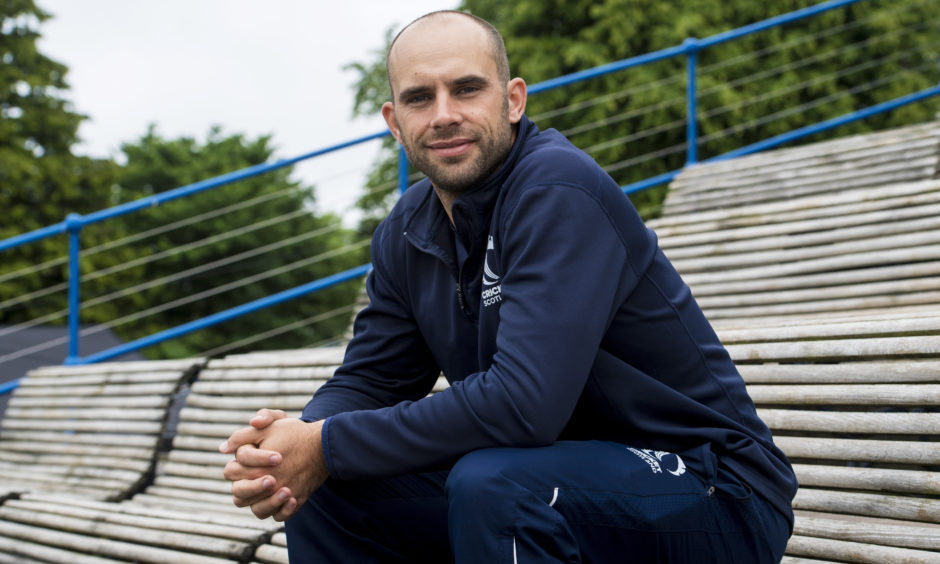Those of us who support Scots across the sporting gamut have grown accustomed to dealing with troubles and travails down the decades.
It has occasionally made for excruciating viewing, dashed hopes, rancour and recriminations, and especially when the opponents are England, as will be the case on Friday when the sides meet in the European Championship.
The nadir might have happened at the 1991 Rugby World Cup in a semi-final tussle where the majority of the Murrayfield crowd were waving Saltires and fervently hoping David Sole’s team could create similar headlines to those they had achieved the previous year in securing a historic Grand Slam.
Sadly, the match developed into a horrible war of attrition, which boiled down to a sickening penalty miss from Gavin Hastings which would have sent the hosts 9-6 in front. I was there and have never forgotten the startling transformation in the ground from the crescendo of expectation to anti-climactic deflation which followed the full-back’s botched effort.
Yet, while there have been plenty of negative results in different pursuits, that has simply made the rare triumphs against England all the sweeter.
Let’s face it, as a nation with a tenth of the population of our neighbours, we are accustomed to being underdogs in these meetings, but there have been enough times when Scots have upset the odds to gladden the heart and make us believe we can do it again in football, rugby, cricket or other team sports.
That aforementioned success in rugby on a mad March afternoon is ingrained in our memory banks. Prior to the kick-off, the England players and their wives and girlfriends sauntered around the stadium as if they were at a village fete, sampling tea and scones before wrapping up an easy win.
Some T-shirt vendors in Edinburgh were flogging items with “England Grand Slam Winners 1990” before a ball had even been kicked. But the home stars – the Hastings brothers, Gavin and Scott, John Jeffrey, Finlay Calder, Craig Chalmers and Sole – used the complacency of their rivals to their advantage.
Minutes before the kick-off, they famously marched out on to the pitch like gladiators, slow, brooding and menacing, even as the crowd unleashed a cauldron of noise. I turned round and gazed at the late, great Bill McLaren: he looked as if he was teaching a class of kids in his beloved Hawick.
And while you might have staged that tussle 100 times and Will Carling’s men would have won around 90 of them, it didn’t matter. On the day, cometh the hour in a fiery furnace of partisan passion, it was Scotland who produced a performance of sustained intensity and collective pride to claim the spoils.
That experience taught me a few lessons. Firstly, the Scots are better at launching an ambush than an invasion. Better to do your talking on the pitch than waste breath on meaningless statements off it. And secondly, the best Scottish sides haven’t been interested in moral victories or hard-luck stories. They’ve got the job done, even if it hasn’t always been pretty.
To this day, Denis Law would have preferred if Jim Baxter hadn’t indulged in playing keepie-uppie during the clash of the Auld Enemies at Wembley in 1967. The Aberdeen maestro told me recently he was disappointed that the eventual 3-2 winning margin wasn’t significantly greater.
After all, Law had been one of the participants in the 9-3 mauling at the hands of the same opponents in 1961. It was a humiliation seared into his brain and when he had the opportunity to gain revenge against the reigning world champions, he was determined to rub home his team’s supremacy.
But, of course, it’s another Scottish trait to make life harder than it needs to be. Cue Baxter’s showboating and a scoreline which doesn’t remotely reflect the Scots’ domination or the majesty of their display.
It was a similar tale when Kyle Coetzer and his colleagues made history by defeating England at the Grange in a nerve-shredding ODI three years ago. Nobody anticipated in advance that the ICC Associates would post an unprecedented 371 against a high-class English attack, yet when they reduced the visitors to 276 for 7, the outcome looked fairly inevitable.
But hang on, this is Scotland we are talking about. In the end, it needed a marvellous piece of fielding from Michael Leask and a superb yorker from Safyaan Sharif for them to edge home by just six runs. It seems to be in our DNA: why succeed comfortably when you can flirt with disaster?
Steve Clarke has the hangdog expression of a man who knows all this and realises every path is a potential minefield. You can’t imagine him breaking out the bubbly, let alone picking up a microphone and doing a karaoke rendition of Yes Sir I Can Boogie. But he has the same knack as Jim Telfer, Jock Stein or Alex Ferguson of motivating his troops when it matters.
For starters, he worked in England long enough to recognise that English footballers aren’t any different from their Scottish counterparts. They might be more talented, but on Friday, it will be 11 against 11 and Clarke’s labours have already transformed the fortunes of the SFA’s finest.
None of this changes the fact that his side will face an almighty challenge later this week. But others have been in the same scenario and flourished.
And perhaps Sole is available to share some words of wisdom!



